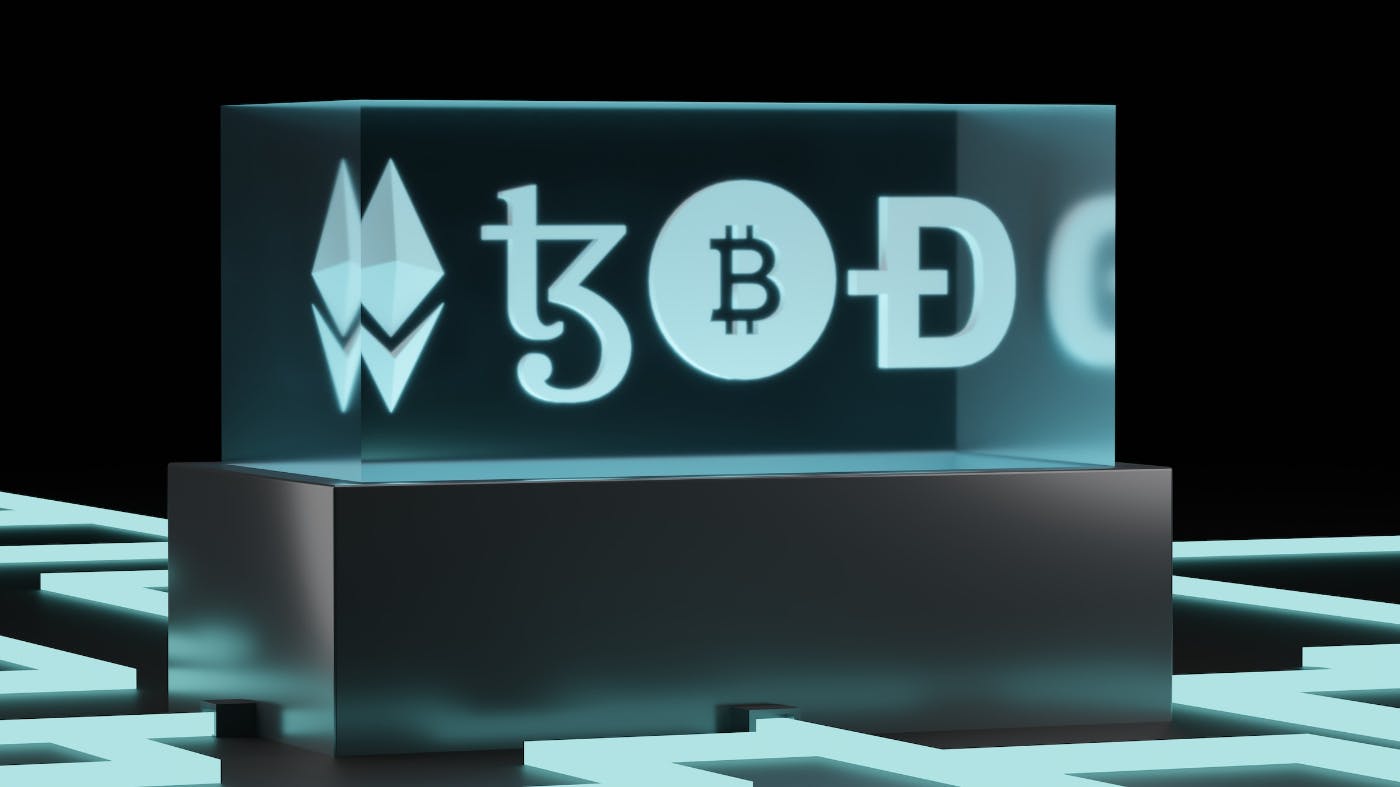Bluzelle: Pioneering the Creator Economy with Blockchain Technology
by
November 3rd, 2023
Audio Presented by

Building and Covering the latest events, insights and views in the AI and Web3 ecosystem.
Story's Credibility



About Author
Building and Covering the latest events, insights and views in the AI and Web3 ecosystem.
